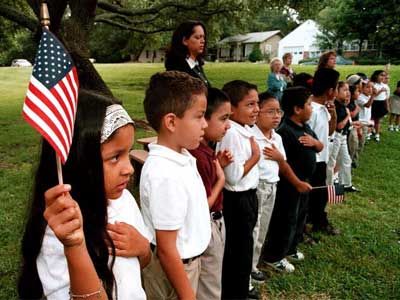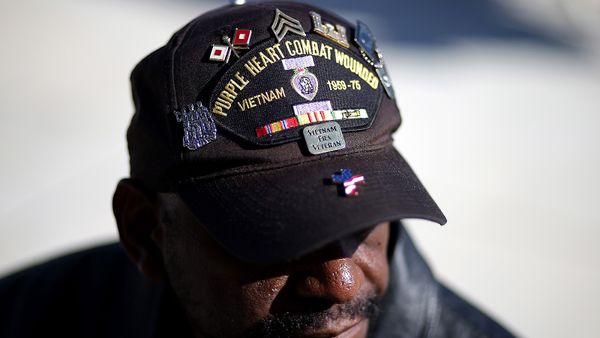Reality shows are everywhere, but crime dramas still remain powerhouses on TV, with multiple shows regularly appearing in the top 10 broadcast programs [source: Nielsen Media Research]. There are good reasons why these crime dramas are so popular. The United States is a nation fascinated by crime stories, live courtroom coverage and 24-hour cable news stations.
One reason shows like the "CSI" series are so popular is that they give viewers a window into how detectives and scientists handle trace evidence. At one time, "evidence" was not so solid. According to the Innocence Project, 237 convictions have been overturned with DNA evidence since 1989 [source: TIP]. These belated exonerations often shock the public and lead to questions about personal safety. It's now been proven that the innocent can be thrown in prison for crimes they didn't commit. That's scary stuff.
Advertisement
So what can you do about it? Get involved. One way to give back to the community and explore your interest in criminal justice is to volunteer with the local police force. As with most any volunteer work, there is training involved. And yes, you'll need to have spare time to dedicate to the cause. But if you're interested in taking your curiosity about "CSI" to the next level, you don't have to make a complete career change. You can volunteer at your local police station, doing any number of basic tasks. You can truly make a difference, and that feels good.
In this article, we'll take a look at the requirements, available programs and the benefits of volunteering with the police. Ready to give back to the community? Read on to learn about the basic requirements.
Advertisement



